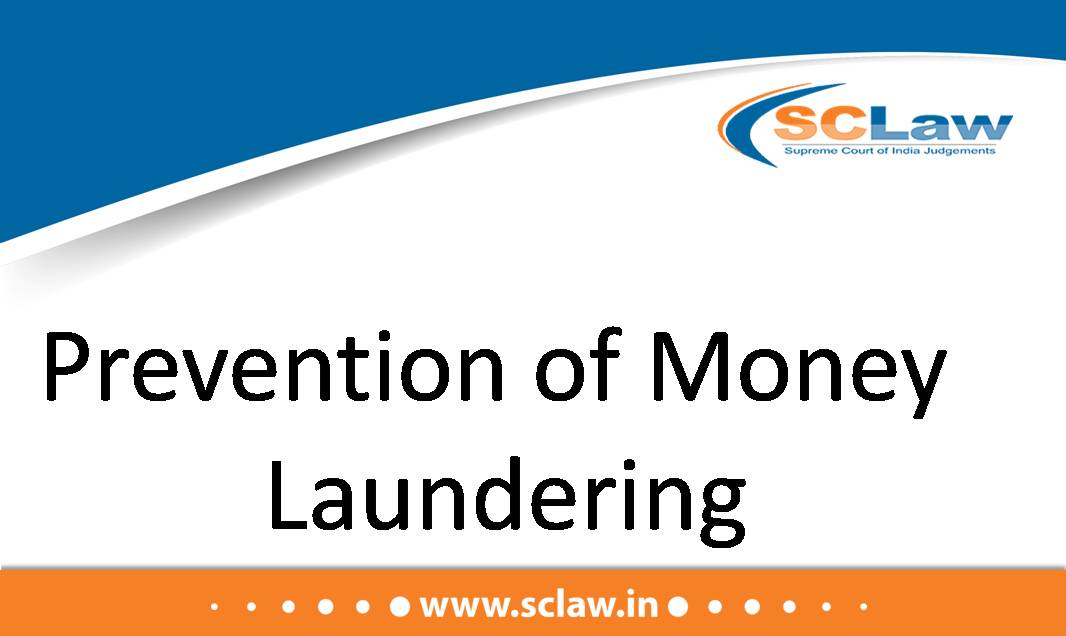Penal Code, 1860 (IPC) — Sections 406, 420, 467, 468, 447, 504, 506, 341, 323 and 34 — Prevention of Money Laundering Act, 2002 — Sections 3, 4 and 45 ——The Supreme Court granted bail to the appellant, emphasizing that bail is the rule and jail is the exception — The Court found that the prosecution failed to establish a prima facie case of money laundering against the appellant
2024 INSC 637 SUPREME COURT OF INDIA DIVISION BENCH PREM PRAKASH — Appellant Vs. UNION OF INDIA THROUGH THE DIRECTORATE OF ENFORCEMENT — Respondent ( Before : B.R. Gavai and…


